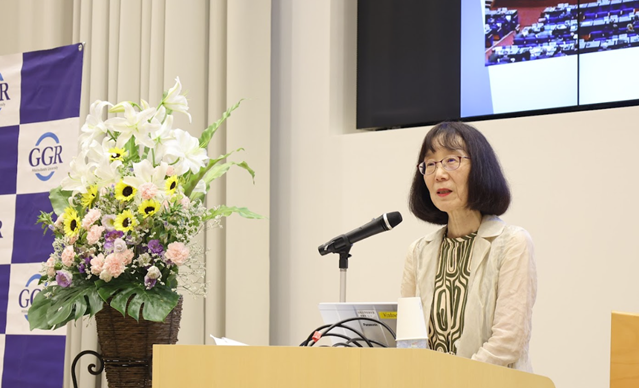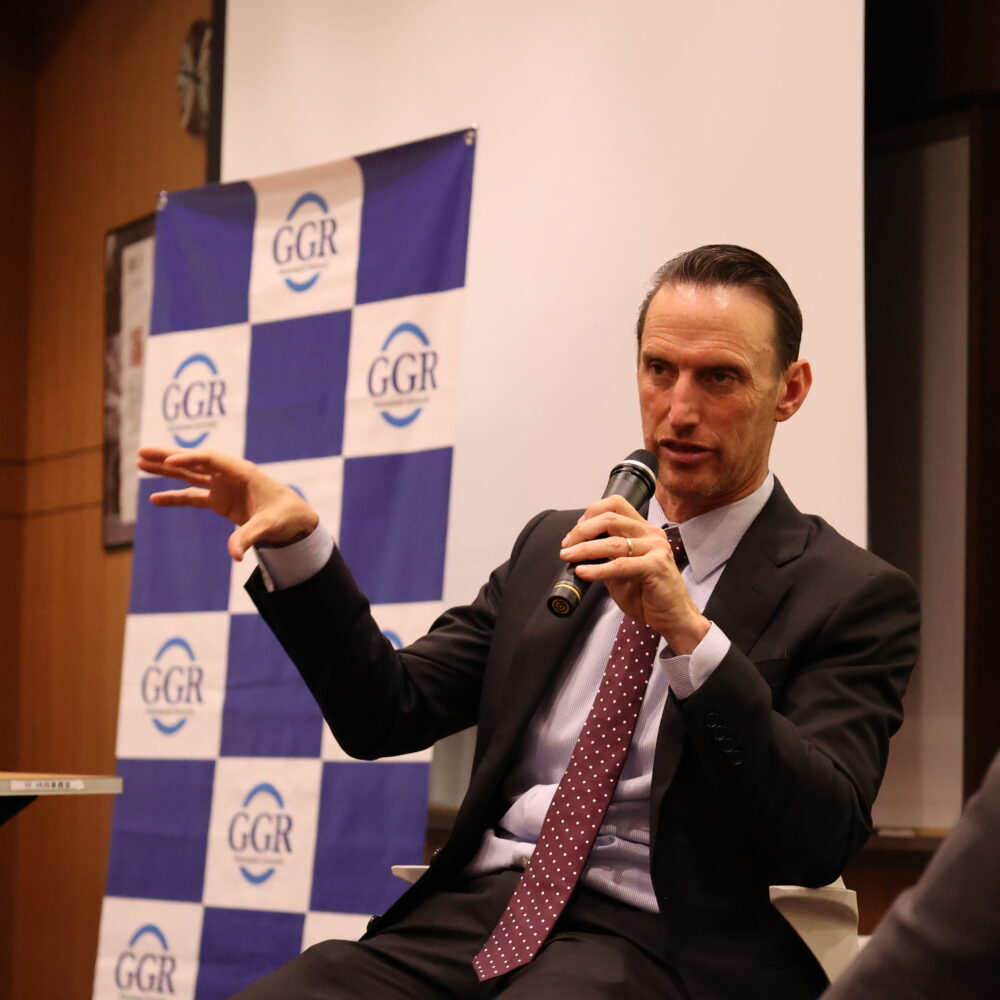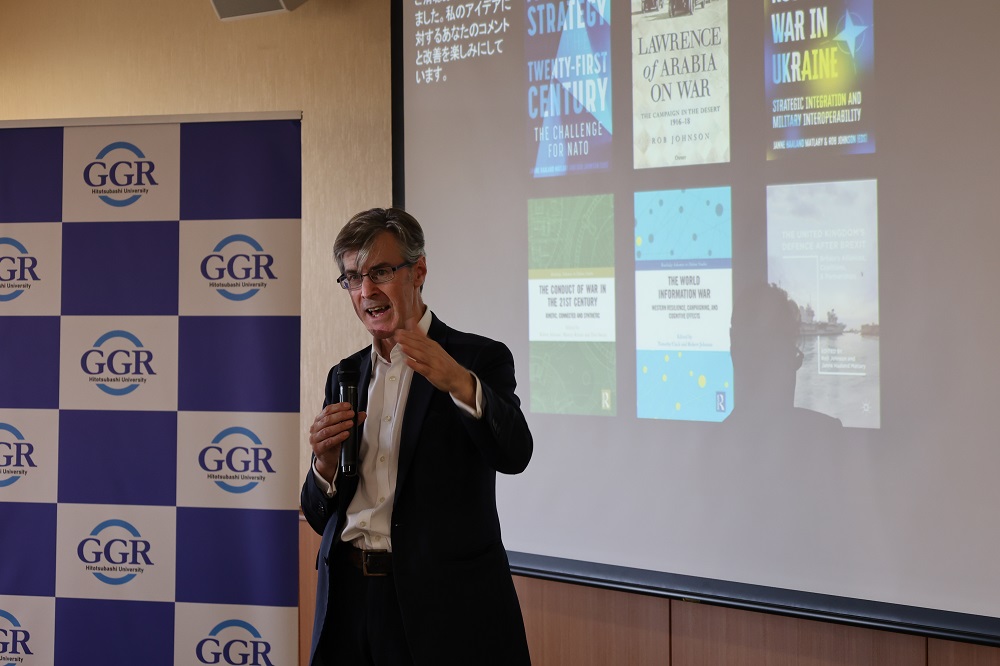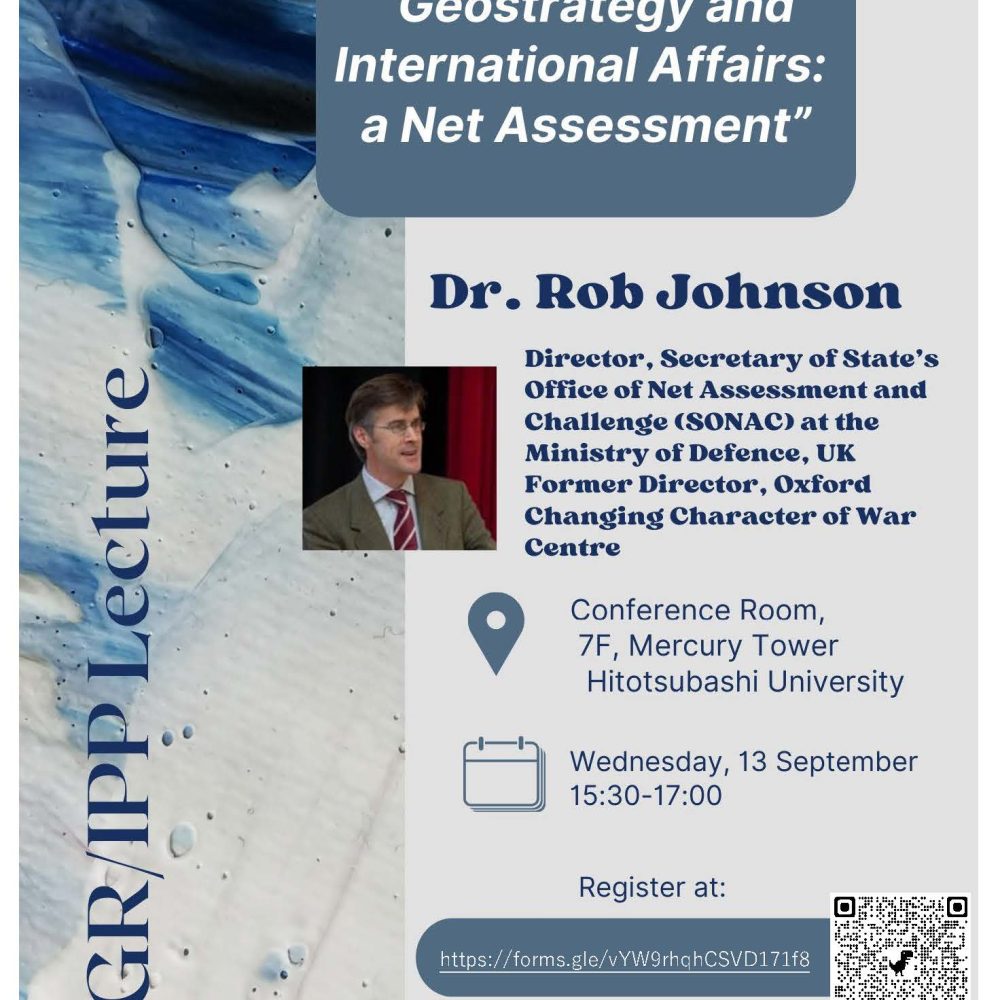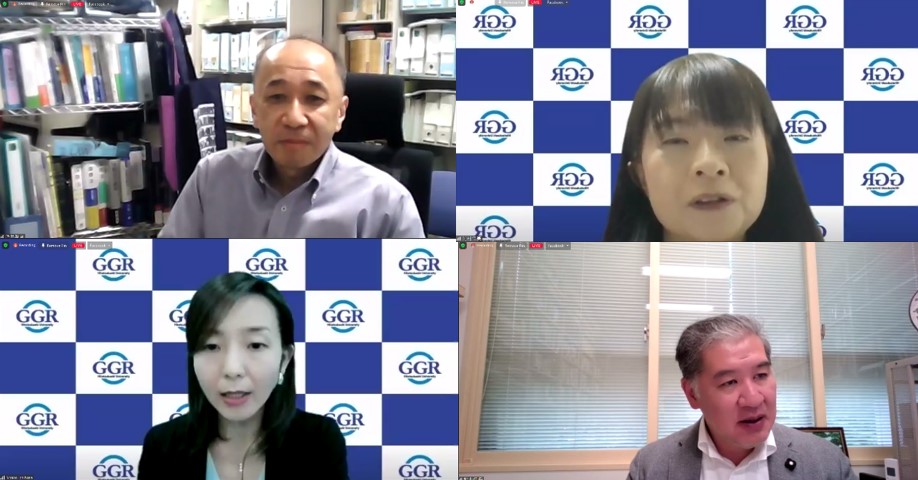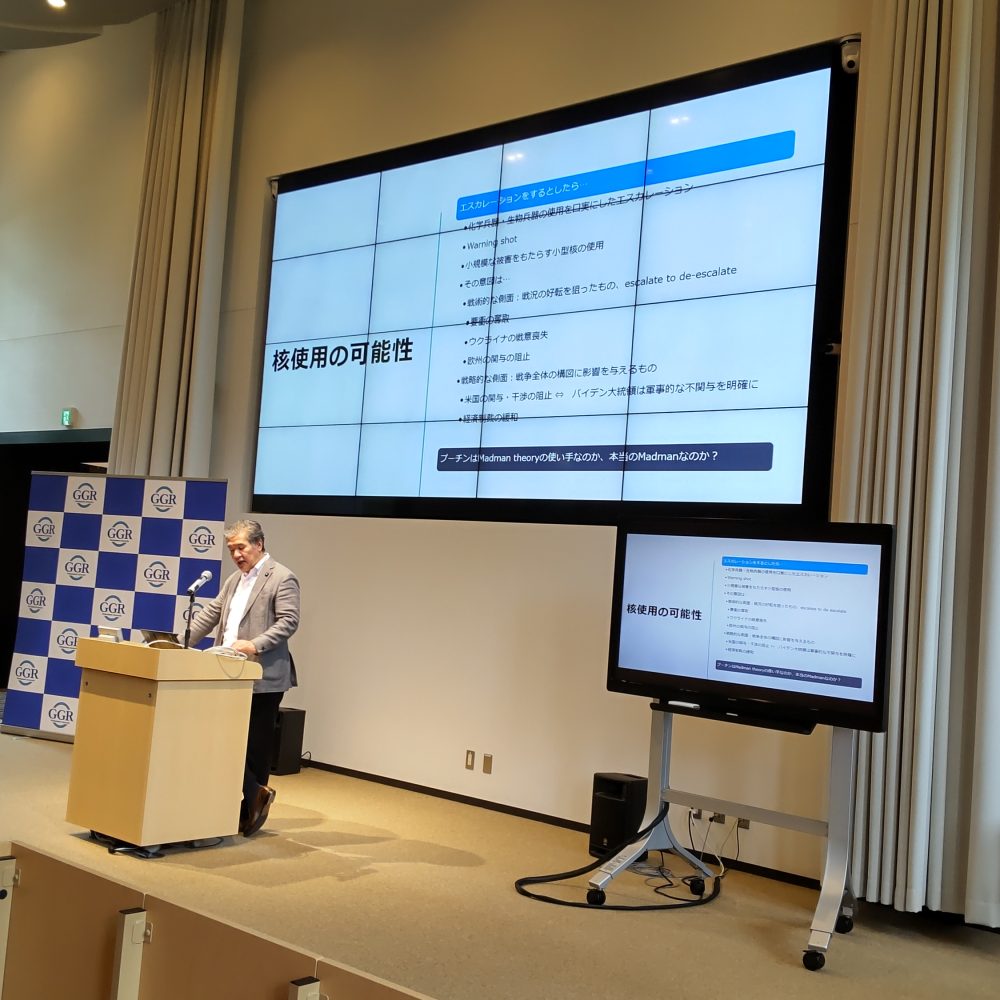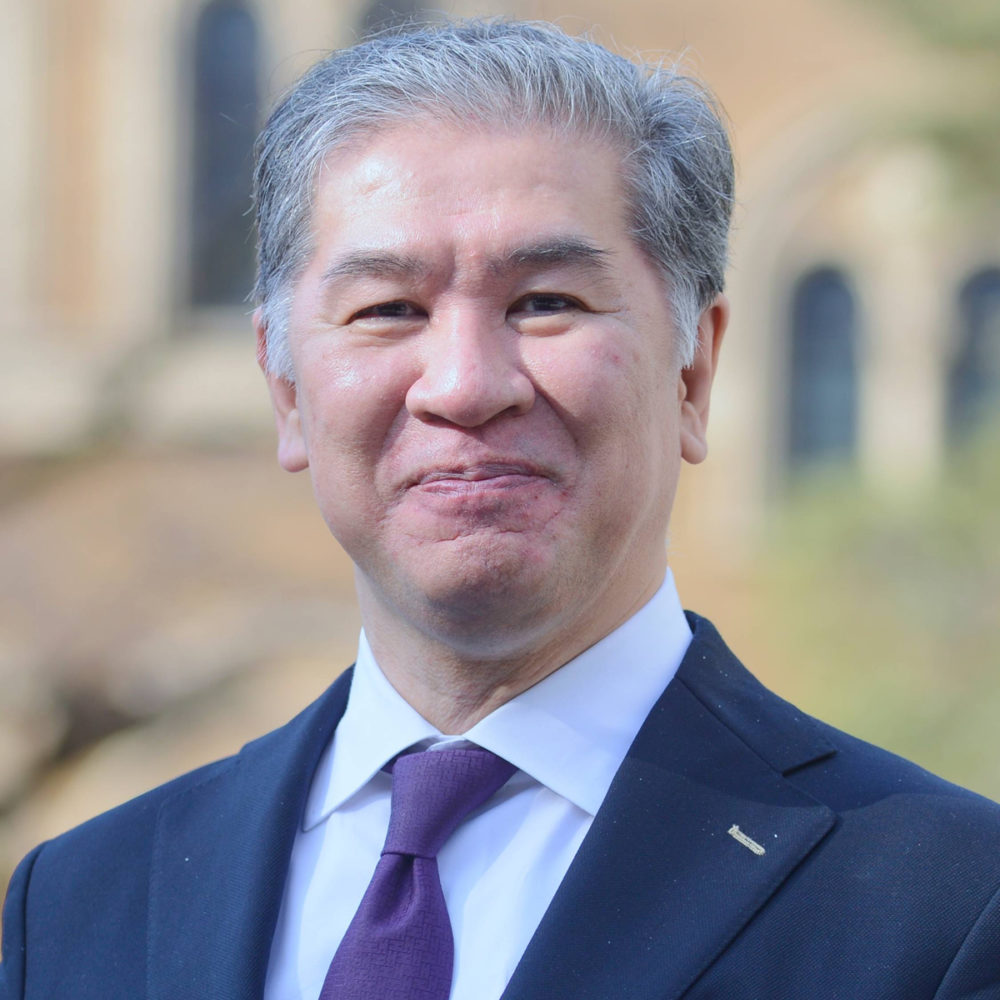Events
Publications
Global Risk and Crisis Management Program
Can Military Power Maintain Peace? [in Japanese]
Japan’s Arms Control and Non-Proliferation Policy [in Japanese]
An Analysis of the Current State of China’s Strategic Nuclear Force Buildup Using Satellite Imagery [in Japanese]
AbstractOn March 4, 2024, a paper co-authored by Professor Nobumasa Akiyama of the Graduate School of Law with others, titled "An Analysis of the Current State of China's Strategic Nuclear Force Buildup Using Satellite Imagery," was published in the Research Center for Advanced Science and Technology Open Laboratory for Emergence Strategies (ROLES) of the University of Tokyo. In this paper, they analyze the construction status of intercontinental ballistic missile (ICBM) bases being developed by China in its interior regions, elucidate the progress of these developments, and examine their impact on the global military balance. First, they utilized satellite imagery to analyze the silo construction status in Hami, Xinjiang Uygur Autonomous Region. While the analysis did not reveal whether ICBMs were loaded into the silos, it suggested that the development of silo-launch models similar to those of Russia could be inferred. Furthermore, they discussed the potential changes in China's nuclear strategy, suggesting that by the mid-2030s, China might aim for nuclear superiority or at least the establishment of maximum deterrence. Finally, they considered the nuclear posture of China and the military balance between the U.S. and China through five scenarios, emphasizing the importance of establishing arms control measures that institutionalize mutual deterrence even at the regional level.
Institutional Considerations on the Authority to Investigate and Verify in the Global Health Regime [in Japanese]
AbstractOn November 25, 2023, an article by Professor Nobumasa Akiyama of the Graduate School of Law, entitled "Institutional Considerations on the Authority to Investigate and Verify in the Global Health Regime" was published in International Politics, No. 211, "International Politics on Health." The article analyzes the factors that ensure the value and normative effectiveness of the international regime during an infectious disease pandemic crisis that is almost a threat to national security, where national sovereignty comes to the forefront. Professor Akiyama first discusses the cases of the Additional Protocol to the Comprehensive Safeguards Agreement of the International Atomic Energy Agency and the challenge inspections of the Chemical Weapons Convention, summarizing the factors that make it possible to implement systems that constrain national sovereignty: technical feasibility, social demand, the political environment, and the institutional and political availability of discretion by sovereign states. Then, from the perspective of the relationship between states and the World Health Organization, he discusses the institutional issues surrounding the revision of the International Health Regulations and information sharing and reporting during a pandemic. Finally, Professor Akiyama makes recommendations on the required role of international organizations and measures to overcome the conflict of national sovereignty to improve the effectiveness of infectious disease control through the international regime in the field of public health.
Global Risk and Crisis Management Program
AbstractOn October 16, 2023, a paper authored by Professor Nobumasa Akiyama, Dean of the School of International and Public Policy, entitled 'How Should Japan Consolidate the Credibility of Extended Deterrence?' was published in the AJISS-Commenttary of the Japan Institute of International Affairs. This paper discusses the building of 'deterrence by punishment' capabilities beyond ‘deterrence by denial' as an effort to increase the credibility of Japan's extended deterrence, and the importance of pursuing diplomatic initiatives for threat reduction, in an international context where confidence in extended deterrence has been shaken following Russia's invasion of Ukraine. Professor Akiyama notes that while strengthening the extended deterrence arrangement with the US is essential for Japan's security, what is required now is an action plan the US and Japan, in cooperation with other partner countries, can swiftly implement to build assets comprising deterrence architecture, a coordination mechanism for the US-Japan alliance to effectively operate assets optimized for the threat landscape and a solid political foundation. He also stated that it is essential for the United States, Japan, and other partner countries to send a closely coordinated and unified signal to China and North Korea to avoid increasing room for coercive action by China at the regional level in East Asia, while at the same time making diplomatic efforts through strategic dialogue with China and North Korea to ensure crisis stability and build confidence leading to future arms control.
New Phases of Nuclear Arms Control and Disarmament [in Japanese]
AbstractOn July 31, 2023, Diplomacy published a paper by Professor Nobumasa Akiyama, dean of the School of International and Public Policy, titled "New Phases of Nuclear Arms Control and Disarmament." This paper examines the analysis of the components of a new structural calculation for arms control regimes necessary for inter-state disarmament and discusses methods to establish a foundation for nuclear disarmament as a consequence. Professor Akiyama pointed out that the objectives of relevant countries and the principles that sustained the arms control regime constructed during the Cold War era are no longer functioning sufficiently. As a cause, he argued that a minimal alignment of views among the parties involved in the arms control regime's political relationships, specifically, a divergence in views regarding guardrails, has emerged. Furthermore, he explained that the rise of China has increased the complexity of rebuilding arms control regimes due to China's technical and quantitative arms expansion and the opacity of its strategic capabilities related to armaments. In light of these issues, Professor Akiyama stated the necessity for integrated arms control to resolve differences in fundamental views on inter-state nuclear policies and to manage crises by combining diplomacy and economics.
(My Perspective) Significance of the Hiroshima Vision: Embracing Leaders, the Power of the Atomic-Bombed City [in Japanese]
AbstractOn June 2, 2023, Asahi Shimbun published an article by Professor Nobumasa Akiyama, Dean of the School of International and Public Policy, Hitotsubashi University, titled "(My Perspective) Significance of the Hiroshima Vision: Embracing Leaders, the Power of the Atomic-Bombed City.” In this article, the significance of the G7 Summit in the context of nuclear disarmament was discussed. Professor Akiyama analyzed the G7 Hiroshima Summit from the nuclear disarmament perspective, focusing on norms and responsibilities. He explained that the joint statement by the G7 members opposing nuclear war reaffirms the importance of the norm of non-use of nuclear weapons, which has been always upheld in the postwar era. Moreover, he argued that political leaders have the responsibility to protect national security and achieve a "world without nuclear weapons." Lastly, Professor Akiyama suggested that immediate policy changes following the Hiroshima Summit are improbable. However, the awareness of norms and responsibilities should eventually become a significant force for change.
Researchers
Full-time Researchers
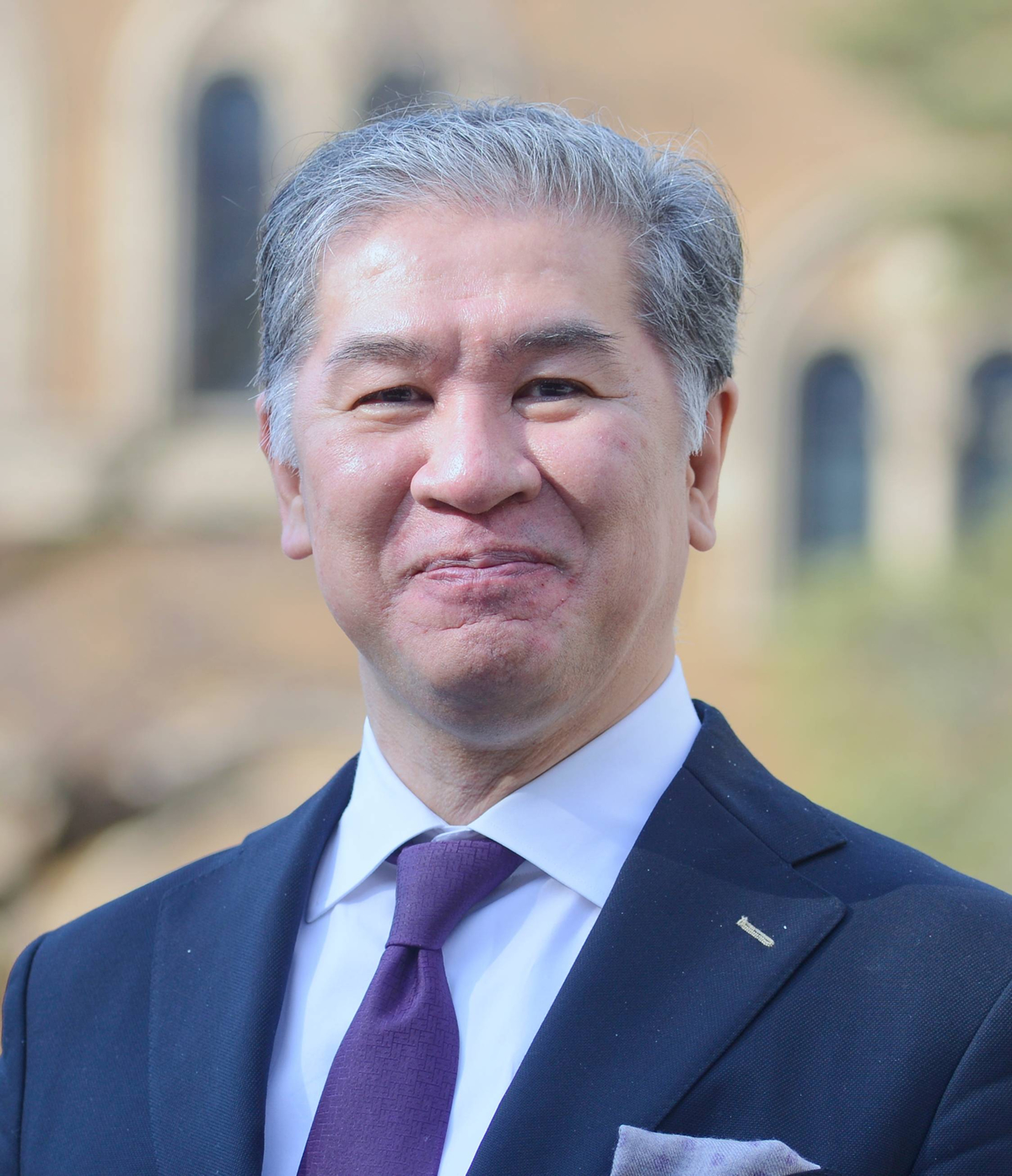 |
|

